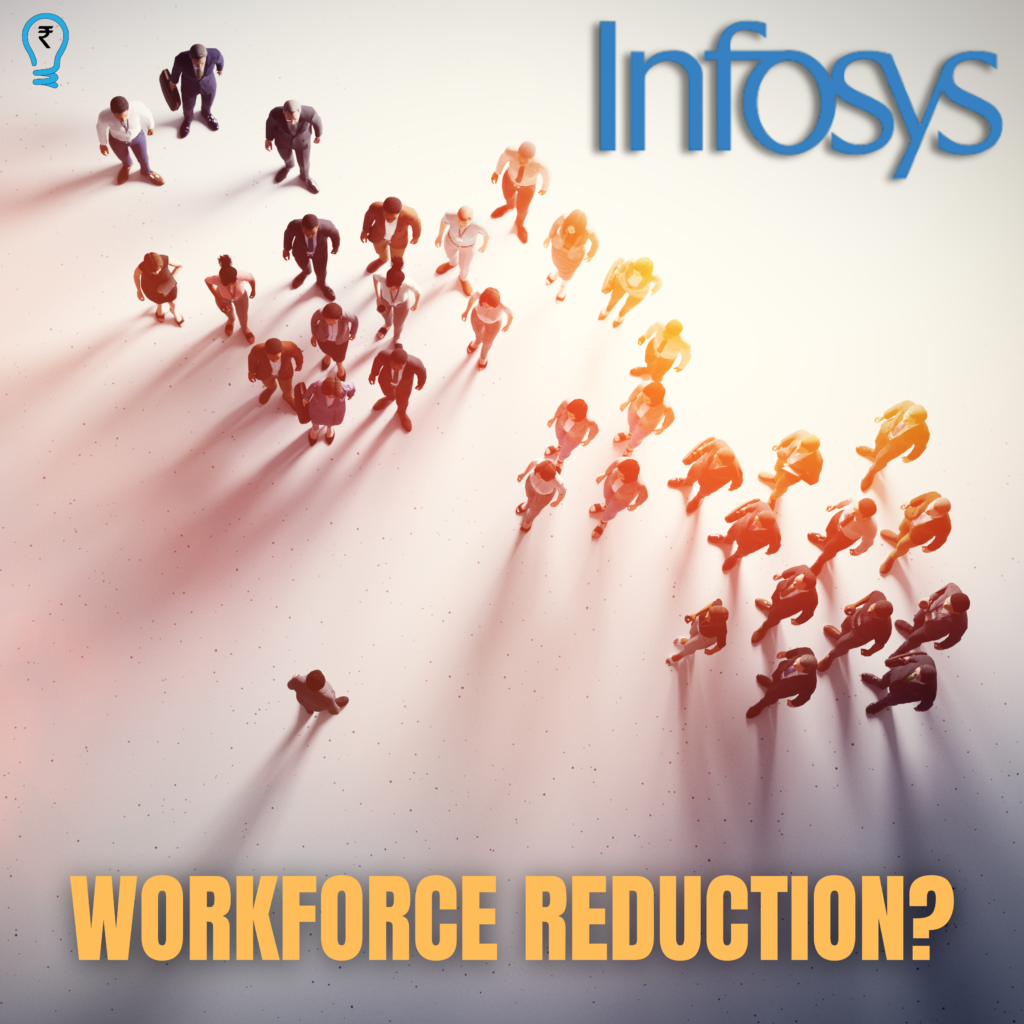Public Policy has been an emerging force from a corporate standpoint, especially in India where the law and order are vague and grey. Public Policy involves smoothening relations with the government such that they get preference when the government needs to form a partnership for a project. Cordial relations with the government also come in handy when certain regulations are brought in which might hamper the operations of the company.
A shining example of successful public policy practice could be that of the Mobile Premier League (MPL), which partnered with the Telangana Government to set up a Gaming Development Centre. This came as a shock as the Telangana Government had recently enacted a ban on all real-money gaming activities through the Telangana Gaming Act.
Public Policy: In-Favour
I. Indispensable for New-Age Businesses
As mentioned above the regulations in India regarding businesses, especially with new-age businesses in the tech domain are quite hazy which makes smooth relations with the government all the more important for the companies. Meta operates one of the highest public policy teams in India with more than 150+ people of which more than 50% people were hired in the last three years whereas Twitter, which often gets into a tussle with the government over content censorship on the platform, operates a 4-member public policy team (as of September 2022). Ed-Tech companies like BYJUs and upGrad have also ramped up hiring in this sphere post-January 2022 after the Government announces it is planning to formulate regulations for the sector.
For new-age and application-based businesses products and services things have become much more complex due to concerns over data privacy and collection. Companies not only now have to entice the customers of fair use of data but also the government which acts as a guardian for the customers. Public Policy officials are often handed the task to keep the government officials on their side so that if any issues crop up the government has the company’s back.

“Indian regulations regarding businesses in the tech domain are quite hazy, which makes smooth relations with the government all the more important.”
2. Reduces Uncertainty for the Company as well as the Customers
Every company wishes to operate in an environment where the law of the land for the services the company provides is defined such that the company is aware of the boundaries within which it has to operate. Even from a customer’s standpoint, customers are usually deterred from availing the services of the company if they feel that the company operates in a potential grey area. Concrete laws concerning the services that the company offers is the way to go, which is often achieved by the interaction of Public Policy operatives with government officials.
This can be seen in the Fantasy Sports Industry in India wherein the Central Government usually grants the State Governments the power to allow or ban such games. The grey area here can be identified as the differentiation between a game of skills vs a game of chance. With state governments having individual powers for each state and no uniform countrywide policy, this holds the customers back to put in money in such apps and also provides the company with a hazy picture of their future in the country.
3. Boosting the Company’s Image in the eyes of the Authorities
Government often misinterprets the operations of the companies or feels they don’t align with the boundaries set by the law of the land, this is where interaction with the authorities becomes critical because such an outlook towards a company directly affects its existence in the country. Public Policy here plays the role of explaining how the company is operating and aiding the country’s growth and boosting the relations of the company overall with the government. Being in the good books helps the companies by getting directly involved in policy formations which helps them to intervene when certain regulations hamper the company’s activities. Companies often provide freebies and discounted goods and services to win over the authorities.
Regulations usually aim to find a common ground between the company and the government wherein both the parties are satisfied and public good is achieved like in the case of the Gaming Industry where the government intervened and made it necessary for certain games to show a message when the app had been used for more than a certain time period. This ensured that the company keeps operating without any scrutiny and that the role of government as a guardian is accomplished as well.
4. Revenue & Market-Share Aspect
Cordial relations with the government often help the companies in getting preference when the government is offering a project to private companies. Government projects usually are massive in terms of money involved which generate a lot of revenue for the company but maybe not enough profit. But the lack of profit oftentimes is substituted with the public image that is generated amongst the people. The company no longer is just any player, it is an established brand that can leverage its projects done with the government into profits from the actual buyers of the company’s services. The company becomes a big fish in the sea and holds a sweet spot which often translates to better and bigger projects for the companies.
The customer base rises by leaps and bounds when the authorities personally vouch for the products or services that the company offers. The market share of the company rises which helps it become more profitable and places the company in a comfortable position for years to come.
Public Policy: Against
1. Promotes Corruption
Public Policy programs and frameworks of the companies might involve sponsoring trips, expensive cars, and straight-up bribes for the Government representatives. This boosts the chances of the company getting a seat at the table.
This poses a significant moral problem on part of the company which is indulging in unfair practices and also on part of the government which essentially has to function on the merit of the case put forward by the companies and not on bribes and gifts. This practice in some cases also involves pushing policies that will support one particular company and harm the competition and hence the industry overall.

“Indulging in unfair practices like sponsored trips, cars, and other luxuries for government employees represents a moral problem on the part of the company.”
2. Intrusion in the Country’s Election Process
Big companies with deep pockets are quite regularly accused of interfering with a country’s election processes, often favoring one side by donating money for campaigns and road shows. Recently tech companies operating social media platforms have come under fire for pushing ads and posts of politicians belonging to a particular party which could sway the votes in the party’s favor. This however has increased in the past decade wherein governments have been accused of making side deals with such platforms in return for favorable policies.
A similar incident happened in India when Ankhi Das, then Public Policy head of Facebook, India was reportedly accused of not acting on hate speech so as to not be on the wrong side of the Indian Government.
In modern times, companies, especially tech companies have a stronghold on public perception and if they choose to interfere could very well lead to significant changes in the final election results. Multiple instances have been reported against Twitter, and Facebook in the USA and other countries where they meddled with the election procedures of the country.
3. Stifling Competition
Furthermore, the companies will start competing on the basis of the public policy teams and their relations with the government rather than on the basis of the quality of the products and services that they provide since a place in the good books of the government is all it takes to get orders and tenders despite of capability and quality, which has been very prominently visible in recent happenings in the nation.
This will lead to reduction of quality and will lead to more focus on relations with the government which would put the consumers at a disadvantage resulting in lesser consumer satisfaction but continuous consumption of those very products due to the monopoly of such firms with big pockets which can spend abundantly on this aspect of business.
4. Promotes the excessive interference of companies in the Policy Formulation process
The purpose of Public Policy is to ensure smooth functioning for the company in the market without many government regulations but it also leads to excessive interference from businesses. Through public policy they try to intervene and manipulate the policy formulation process as per their needs and demands and this becomes very disadvantageous and unfair for the other players in the market who may not have enough funds to spend on such practices.
Smoothing relations is one thing but most companies try to manipulate the market altogether through public policy to create a monopoly for themselves and to eliminate the competition. This becomes a roadblock for the smaller companies who are not wealthy in terms of resources. Such interferences lead to a non-level playing field for all the players in the market.
Hence Public Policy in the corporate sector has its own merits and demerits, the way it is deployed and put into practice is key for the overall growth of the national economy.

Abhyuday Agarwal
Senior Member
Siddharth Saini
Senior MemberDeepseek: A journey from Hedge Funds to AI
Introduction: In this busy and bustling day to day life of ours managing our Finances…
Beyond Numbers: The Human Cost of Infosys’ Layoffs and the Global Normalization of Workforce Reduction
A Familiar Script: Infosys and the Corporate Playbook of Disposable Labor: On February 7, 2025,…
Understanding Tariffs and Their Impact on India
What Are Tariffs? Tariffs are taxes governments levy on foreign imports to make the goods more…
The Economics of Player Transfers in Football
Introduction: In the world of football player transfers are more than just transactions, they are…
Session 5
Session 5- Unraveling Equity Derivatives: Insights from the Fifth Development Session The Fifth Development Session…
An Attempt To Deteriorate The Creditworthiness of Indian Entities
Introduction: The growth story of India in almost every sector is not alien to the…









👏👏